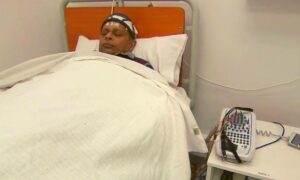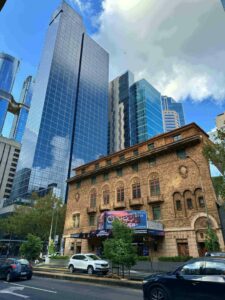Researchers in Melbourne are looking at whether “deep sleep” help prevent Alzheimer’s.
With the aid of Dementia Australia, researchers are keeping track of seniors’ sleep patterns to see whether “deep sleep” has any negative effects on cognitive performance.
The goal, according to Associate Professor Clare Anderson, was to put the volunteers into “slow wave sleep,” the deepest stage of sleep.
Using sonic stimulation, the researchers induce slow wave sleep in the participants while monitoring their cerebral activity.
“We monitor their brain waves during their sleep and we deliver a very quiet audible tone during sleep and it’s just like a “shush” sound,” according to Anderson.
According to the scientific idea, slow wave sleep protects memories and is crucial in removing toxic buildup or brain plaques linked to the onset of Alzheimer’s disease.
One of the research subjects is Pryantha Jayawiskrema, 59.
“I used to sleep probably about eight hours and more and now I am quite happy sleeping six hours,” she stated.
“I wake up at least to or three times in the middle of the night and then I find it a little bit difficult to go back to sleep.”
More study volunteers are being sought by researchers. Volunteers must be healthy and between the ages of 60 and 80.
Email base.sleepwell@monash.edu for further information.




